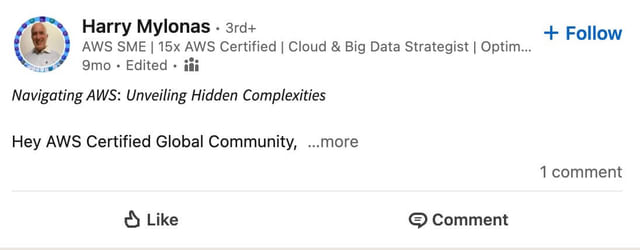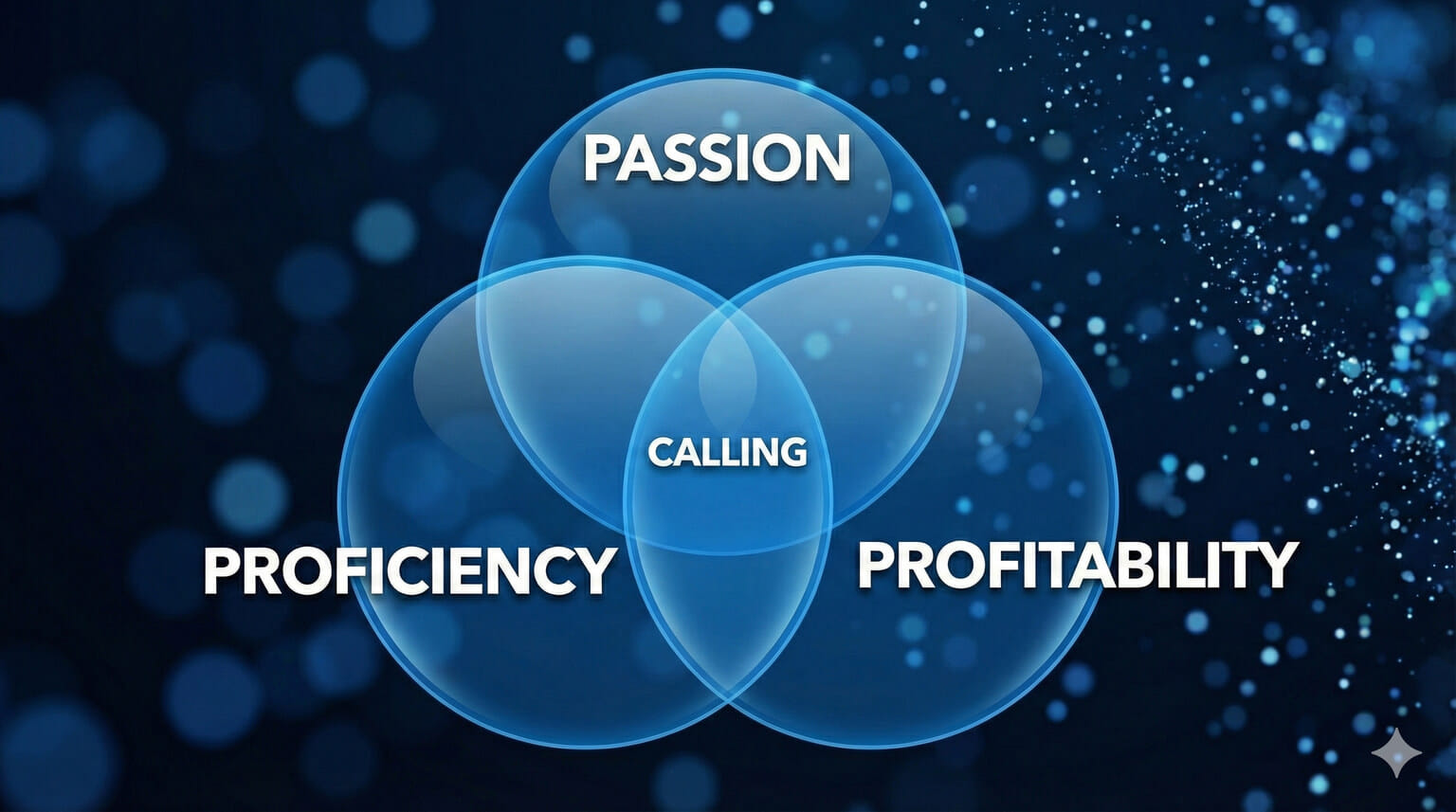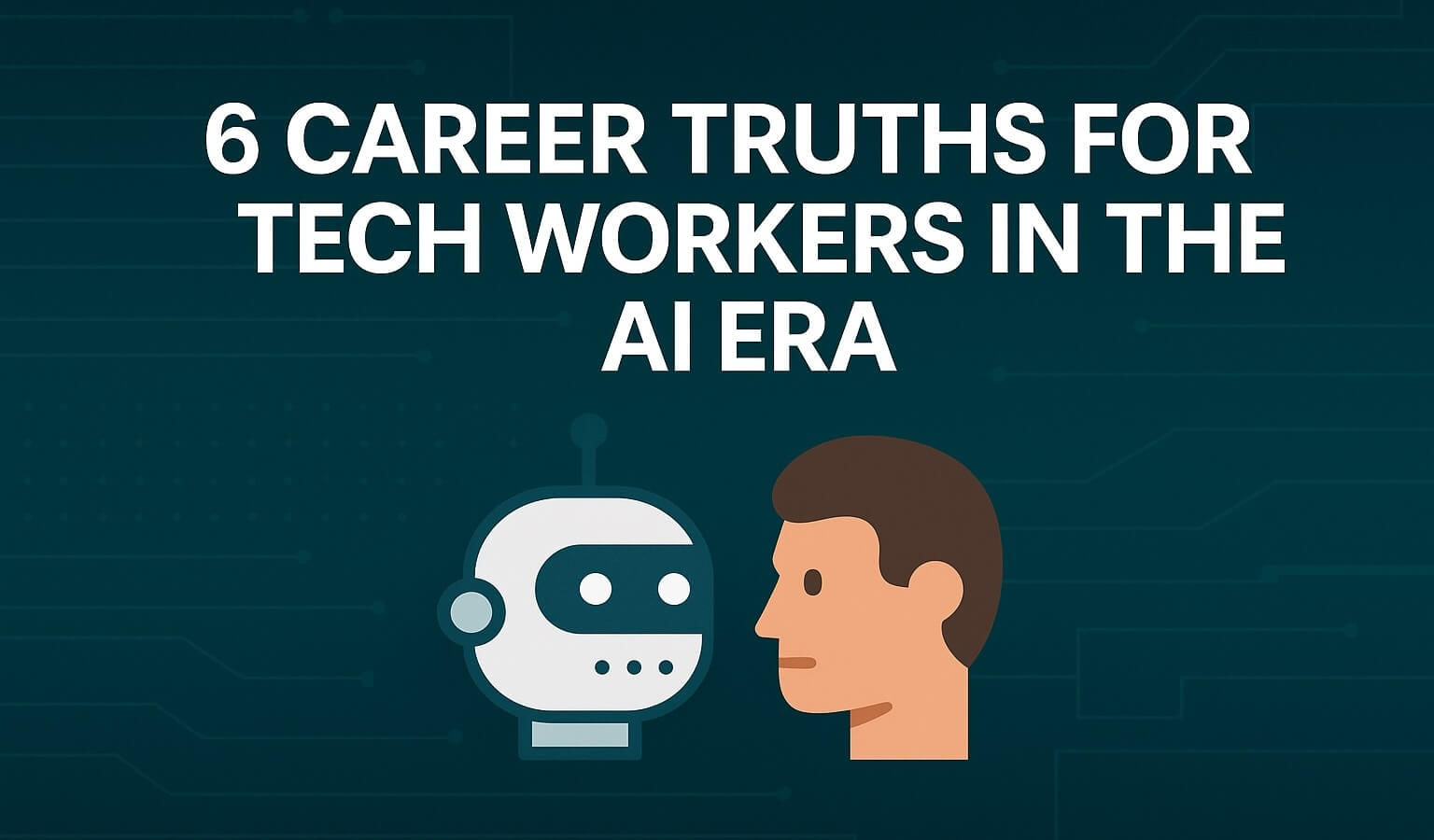
There are currently over 1 million people, worldwide, who hold at least one AWS certification.
A million people!
And here you are, about to add yourself to the list.
Why?
Will it help your chances of GETTING a job?
Probably not given that the people you are up against either have the same certification or even better, many years of real experience with that technology.
Then what’s the point?
Why should anyone get certified?
Well in this post I want to share what I think is the real reason why it’s good to get a couple of certifications under your belt, despite what others may tell you, as well as a look at some strategic ways to go about choosing the right ones.
Watch the Video?
Before we get started, if you prefer video, here you go:
Otherwise, continue reading.
The Real Value of Certifications
So the value of tech certifications is a highly debated topic.
Very experienced IT professionals scoff at them, saying it’s just a piece of paper, it doesn’t prove anything. And rightly so for them, they have years of hands-on experience. A certification would truly be a piece of paper.
But to a new developer trying to land that first job it may actually be of some help to get a chance at an interview.
Despite these two outlooks, however, I think none of us should be putting all our weight on what employers think about our certifications. With millions out there certified, it isn’t going to single you out.
Instead, we need to look at what I think is a more important result of getting a certification.
A quick story…
Five or so years ago I was working as an SRE and was put on a contract job with a team managing AWS infrastructure.
We were largely an Azure shop and none of us really knew AWS well. It matters little, as we could figure it out, but it was still a challenge.
Now I, in that situation, had two options:
- I could learn as I go, translating Azure concepts over to AWS and slowly making sense of everything.
OR
- I could force myself to learn the AWS services fast, and deeply, while simultaneously being hands-on, daily, by pursuing a certification.
And this is where the value of certifications comes into play.
You see, the certification is largely for YOU. Where it would take you a lot of time to learn something as you sit spinning wheels and learning as tasks are demanded of you, you can instead force yourself to learn the material quickly by pursuing a certification.
You can, for a short time, drink from the firehose.
A certification forces you to learn something deeply at a much faster pace than if you were to “learn along the way.”
We are, by nature, procrastinators. I hear from hundreds of people weekly who aim to pursue some goal and six months later are still aiming having made no progress. Time passes them by, and they get nowhere.
A certification pursuit gives you a reason, a blueprint, a path toward learning some technology rather well, in a reasonable amount of time.
So to continue my story, I went and got an AWS associate cert within three months and became a more valuable person on that assignment because I then understood exponentially more than I did before.
I struggled less.
I got more done.
It was valuable to me and thus to my employer.
The Alternatives?
I mean, what are your other options:
Learn as you go. EC2 today, AWS Systems Manager next week, choosing the right S3 tier the next week, Cloudfront and Aurora next month, and so on. There are over 200 services.
I could say forget certifications, I’m just going to study in my own free time as I see fit. Well, we all know how that goes.
Get on a structured, proven path to certification. Level up faster. Get your job done better and with more confidence.
So the certification is for you. It’s for your benefit and your and my laziness.
The Elephant in the Room

But wait, there’s an elephant in the room here.
And it’s what the more senior engineers warn about these certifications, and it’s that they don’t really teach you real-world concepts, noting that anyone can take a course and enough practice tests until they know all the answers and get certified.
And there’s some truth to this.
Here’s an example…
How many people do you talk to that are certified but say it’s been a while and they forgot much of it?
Or maybe that’s you.
I mean, AWS certifications are good for three years. Are you still an expert 2 years later if you’ve been 2 years without using it?
And that leads us to a key topic we need to talk about, and that’s choosing the right certification.
Choosing the Right Certification
So a couple of things here.
FIRST, do NOT get certified in anything you don’t plan to use or be a part of. If you are not in the cloud at all or not planning to be, then you should NOT be getting a cloud cert. Why? Because if you don’t use that knowledge after cramming for it, you will forget it. It’s, then, just a piece of paper.
Again the point of the cert is for you to get up to speed quickly so that you can perform better in your day-to-day. If you are not using this service or do not plan to use this service soon, you are wasting your time and should not pursue one.
SECOND, think about the certification you are getting. If you are a developer and are using AWS, why get the Solutions Architect Associate certificate? Think about the name, Solutions Architect. You are a Developer.
You’re probably getting the Solutions Architect because you read that this is the best first REAL AWS certification to get. So you just want to go with that for that reason.
But it doesn’t help you as much as the AWS Certified Developer would. They’re both associates, but the Developer route helps you specifically. You are not architecting anything, you are developing.
THIRD, you need to be sure you are doing more hands-on than you think you need to be doing. It IS possible to pass many of these certifications without really being able to apply these new skills in a real setting. There are practice tests and cheats available online that can mimic the exams pretty closely. And you can take so many of these that you learn all the answers and pass the cert, and then freeze up on the job. That’s a waste of time, gives certifications a bad rap, and gives experienced devs all the right in the world to criticize.
Be sure to be in the environment heavily while pursuing it. Run a homelab, deploy your site in AWS or Azure, do what it takes to actually understand the things you are learning rather than memorizing the docs.
FOURTH, and this is just a mention, don’t think you need lots of certs. Ever seen those people who are 9x AWS certified? All power to them, I bet they’re amazing. But in reality, they have 9 certifications they have to take every three years. Let that sink in.

Instead, grab the cert that is most appropriate for you, maybe go for the professional equivalent down the road, and keep that one renewed when the time comes.
Which Certs?
So then, what are some good certifications to pursue?
Well…what tools are you regularly working on?
If you are in Azure and you do administration work, then the 104. If you’re a developer, then the 204.
If you are in Kubernetes and administer clusters, the CKA, Developers, the CKAD.
This isn’t rocket science. One is not better than the other, instead one is more appropriate for you than the other. The names of the certifications mean something.
What do you think?
Have you taken any certifications just to forget it all a year later?
Do you think they’re valuable or a waste of time?
I would love to hear about it below in the comments.
This page may contain affiliate links. Please see my affiliate disclaimer for more info.



